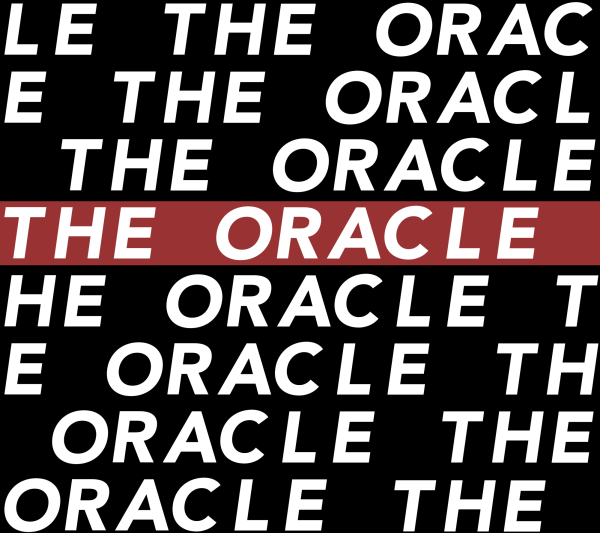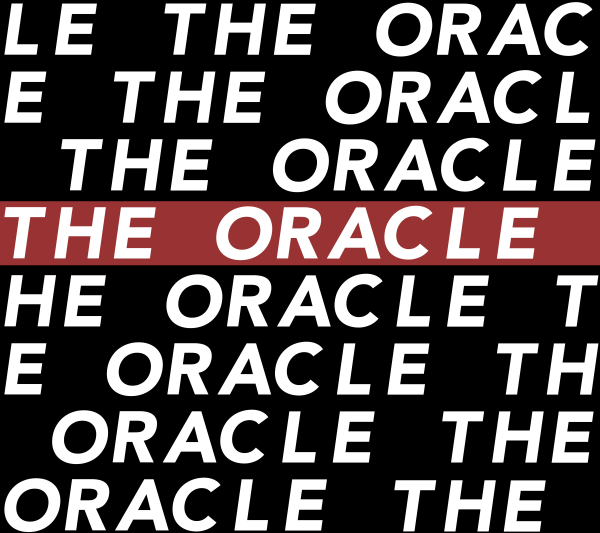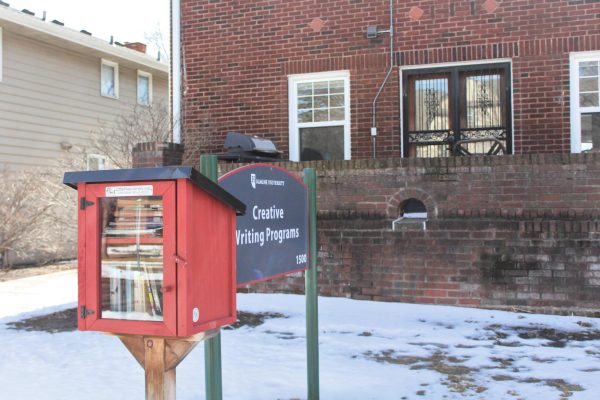Sochi 2014 was not so simple
Hamline students have a history of political activism, most recently with the LGBTQIA community. So what is an average Hamline student supposed to think of these past Sochi games now that the Olympic flame is out, the athletes have competed and Putin has flaunted his version of Russia? A simple conclusion is that we should have boycotted the games to stick it to Putin and Russia’s homophobic legislation. This is rather extreme and to have done so would have been an insanely empty gesture that would only have hurt the U.S. athletes.
Personally, my father is a 1980 Olympic athlete who, if you know your history, was unable to go because the U.S. boycotted the 1980 Summer Moscow games. This was in protest of their invasion of Afghanistan, which renders itself to an unquantifiable amount of irony. To boycott then and in 2014 would make political sense if the government funded the U.S. Olympic team. However, not one penny from our government goes to the U.S. Olympic Team. Their funding is completely privatized. Some of the money comes from the United States Olympic Committee, from the athletes themselves and wherever else they can scrounge for cash. The U.S. speed skating team almost didn’t make it to the Vancouver games, but luckily Stephen Colbert, from The Colbert Report, stepped in and sponsored them.
When a country like the People’s Republic of China or Russia boycotts it makes more political sense, as their governments fund their Olympic teams. To boycott on the grounds of human rights seems like a noble act, but it renders absolutely no change to the country being boycotted. A man like Putin that demonizes Western influence would not have his mind changed and the games would go on with the hardworking athletes of the U.S. teams losing not only the money they invested, but the chance of a lifetime to participate in the Olympic games—their life goals demolished in one move.
In the end, although we did not boycott the games, this did not mean we ignored this issues of Russia. The Olympics being in Sochi has helped bring awareness to injustices in Russia and with any luck has left some Americans with a little more knowledge on Russian history. Many have criticized the opening ceremony in its romantic falseness of Russian history. David Remnick is one of these critics in his article “Patriot Games” found in The New Yorker. In this article he confronts Putin’s part in the Olympics coming to Sochi and offers great insight into the construction of the games and their importance to Putin and Putin’s Russia.
They swept over much of the dark history of Russia, which seems expected of a regime led by a man who seriously reminds the literary imagination of an evil villain, making all of the Bond nemeses look like chumps without theatrical flare. Instead, we had beautiful ballet performances including music from “Swan Lake” composed by Pyotr Ilyich Tchaikovsky. His music was found throughout the games, including in figure skating programs. The irony flared once again, for Tchaikovsky was forced to drink poison by the state for being gay. It was a complicated feeling watching the games: one that would feel hollowed with sadness. This sort of irony is easy to point out in another nation, such as Russia, who we have had a constant competition with since the Cold War days; but are we so different?
I can’t help but feel a twinge of hypocrisy in the American critique of the Sochi Olympics. When we hosted the 2002 Winter games did we accurately depict the mass genocide of Native Peoples? Did we see an accurate portrayal of our history with slavery? Did we see representations of the Japanese Internment Camps?
Now I am not saying that because our nation has this history that we should not be able to point out inequalities in other countries and their dark past. Genocide and ethnic cleansing is morally repugnant whether in the U.S. or in Russia. What bothers me is the apparent high horse that U.S. critics seem to find themselves on when they smugly look down on Russia’s romantic portrayal of their history when we are just as guilty of this.
As Hamline students with no personal stake in whether the U.S. boycotted the Sochi Games or not, it becomes easy to say we should have boycotted and to look down on Putin’s performance throughout the games. We forget to detach the Russian athletes and Russia from Putin’s Russia. We forget how big of a deal it is that many of the athletes from countries that were once part of the Soviet Union were not alive when their nations were part of the Soviet Union. We forget how incredible it is that a pair of Russian ice dancers skated to a song from “Jesus Christ Superstar.”
The Sochi Olympics were politically and emotionally complex. As college students we should learn to accept such complexities for what they are, for things are never as simple as the Hamline Social Justice bubble tends to make them. The real world deals with more people, more illusions and far more consequences to actions. As Hamline students we should strive to chew on these complicated issues instead of simply spitting them out because they are not convenient to our preconceived notions of right and wrong. Acts of discrimination and violence are by no means something that should be left to relativity; however, how we handle these issues defines us. Do we want to leave Hamline refusing to critically think about such issues as the Sochi Olympics? Or do we want to leave with the ability to tackle such difficult topics and be comfortable with the fact that we may not find an answer, but simply more questions?







